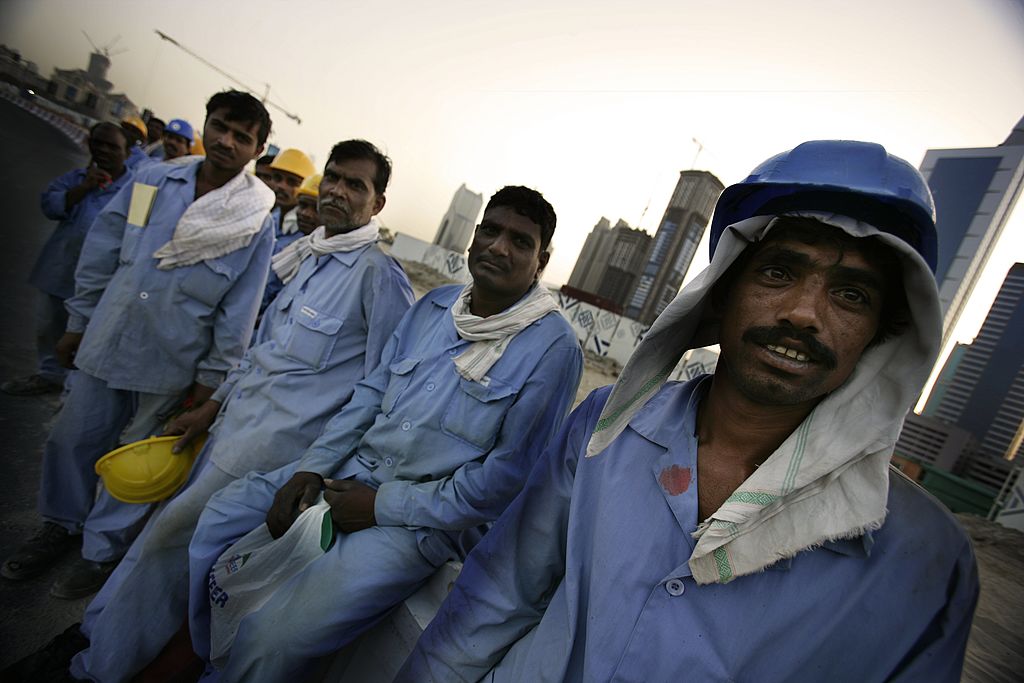Gulf States have among the highest ratio of migrant workers to local workers in the world. Many work in low-skill sectors and significantly contribute to the development of their destination countries, while also sending vital remittances back to their families and communities. However, these workers face extreme insecurity and vulnerabilities due to their migrant status. Gulf countries do not offer substantial labor rights, protection from abuse, or sufficient political rights for foreign workers. A majority of migrant workers in the Gulf are women, and more at risk for exploitation and abuse. Living conditions are often poor, with many migrant workers living in overcrowded labor camps or small residences.
What are the prospects for mitigating the worst threats to migrant workers’ rights and improving their status throughout the Gulf? In what ways are local and international organizations advocating on behalf of migrant workers? How has COVID-19 impacted migrant workers' livelihood in the short term and projections for the future? The Middle East Institute (MEI) is pleased to host a panel of experts to address these questions and more.
This event is part of a series on human rights in the MENA region in the face of Covid-19.
Speakers:
Svanika Balasubramanian
Co-Founder and CEO, rePurpose
Rima Sabban
Assistant dean for research and graduate studies, Zayed University
Hiba Zayadin
Researcher, Middle East and North Africa Division, Human Rights Watch












